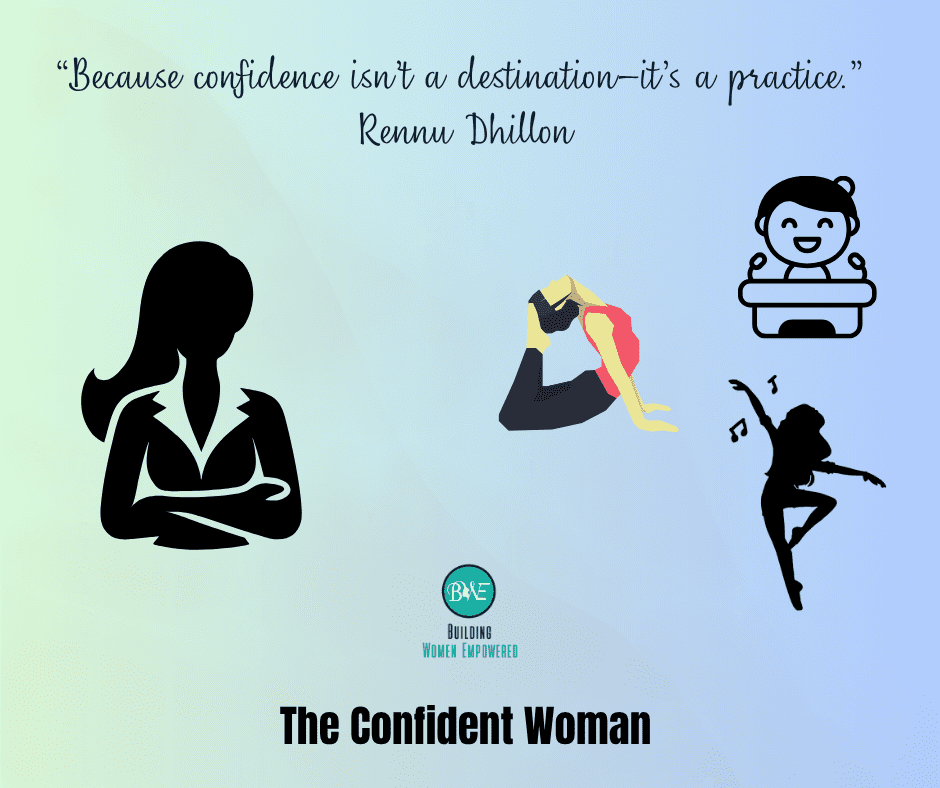Even Successful, Confident Sports Players Are Always Working on Their Confidence
“Because confidence isn’t a destination—it’s a practice.” Rennu Dhillon
We often look at elite athletes and successful actos—those who dominate the court and the screen,—and assume they have unshakable confidence. After all, how else could they perform under such pressure with the world watching? But here’s the truth: even the most successful and seemingly confident sports players & actors are constantly working on their confidence.
Confidence isn’t something you achieve once and for all. It’s not a trophy you win and then place on a shelf. It’s something you build, nurture, and rebuild—sometimes daily. And it’s completely normal to feel strong in one area of your life and unsure in another.
Take, for example, a top-ranked tennis player. They might exude confidence during a match but still wrestle with self-doubt during press conferences or while recovering from an injury. A soccer star may dominate the field but struggle with body image or public speaking. A basketball player might trust their game but second-guess their role as a team leader. An actor with many super hits will worry about his next film and how the fans will react.
The reality is that confidence is fluid and situational. What makes superstars successful isn’t that they’re never insecure—it’s that they’re committed to personal growth. They surround themselves with people that help them stay grounded, focused, and mentally strong. They know that real confidence isn’t about perfection—it’s about resilience.
You May Be Confident in One Area, But Not Another—and That’s Okay
It’s not just athletes or actors—this applies to all of us. You might be a confident parent but feel unsure in your career. You might excel at public speaking but doubt your creativity. You may feel powerful in the gym but nervous about networking. That doesn’t make you weak; it makes you human.
The key is recognizing that confidence is a muscle, not a magic trait. The more you work on it—through positive self-talk, setting realistic goals, taking risks, and learning from failure—the stronger it becomes. And just like any athlete, you’ll have days where it feels easier and days when you need a little more effort.
So give yourself grace. Keep training your confidence just like athletes train their bodies. And remember: even the champions you admire most still have coaches and bad days—and they still show up.
That’s what true confidence looks like.
“Because confidence isn’t a destination—it’s a practice.” Rennu Dhillon
